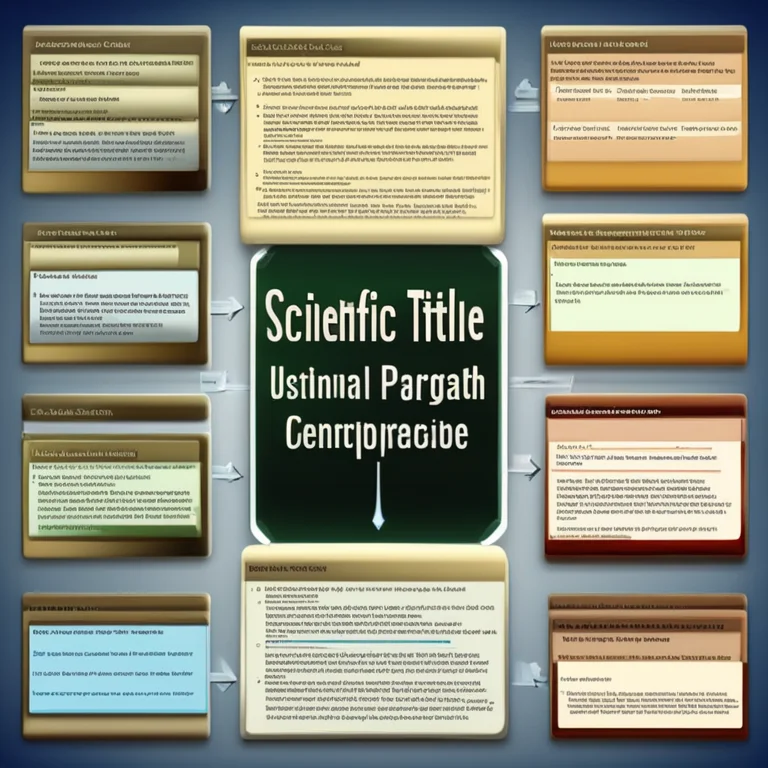
Mindful Study: Meditation Techniques for Exam Success
Discover how mindfulness meditation can help reduce stress and increase focus to boost exam performance. Learn simple techniques to improve memory retention and cultivate a calm mind for academic success.
article by Hina Kurosawa
The Need for Calmness in Study Environments
As exams approach, the push for academic success intensifies, with students seeking strategies to optimize learning and performance. In our increasingly hectic world, mindfulness meditation has emerged as a powerful tool to reduce anxiety, enhance concentration, and foster a productive study environment. Traditional study methods often neglect the emotional and mental well-being of learners, but incorporating meditation can transform the academic experience. The benefits range from improved cognitive functions to a stronger emotional equilibrium—critical factors for excelling in examinations.

Meditation: A Scientific Perspective
Recent studies have shown that regular meditation practice can lead to structural changes in the brain, including increased grey matter density in areas associated with learning and memory. Furthermore, these practices have been linked to reduced levels of the stress hormone cortisol. This is particularly pertinent for students, as stress can significantly impede the process of information retention and recall—vital components of academic success. Students using mindfulness meditation report a greater sense of control and a clearer focus, paving the way for more effective study sessions.

Starting Simple: Mindfulness Techniques for Beginners
For those new to mindfulness, starting with simple techniques is advisable. Begin by dedicating five minutes each day for mindful breathing. Sit in a comfortable position, close your eyes, and focus solely on your breath's natural rhythm. Acknowledge wandering thoughts but respectfully return focus to your breathing. This basic exercise serves as a foundation for more advanced practices and helps cultivate an awareness of the present, which is often clouded by worries about upcoming exams.

Deepening Practice: Advancing Mindfulness Meditation
Students eager to deepen their practice can explore various mindfulness exercises. Body scan meditation involves paying attention to different parts of the body, noting any sensations without judgment. Another method is observing thoughts as they arise and pass, akin to watching clouds drift across the sky. Such techniques not only aid in managing pre-exam jitters but also improve the adeptness to tackle complex problems by instilling a clear and composed state of mind.

The Integration of Mindfulness into Study Routines
Integrating mindfulness meditation into a study plan requires consistency and intentionality. One approach is to meditate before study sessions to clear the mind or after learning new material to allow for better absorption. Some educational institutions, recognizing the value of these practices, are incorporating mindfulness training into their curricula. By fostering a less stressful learning atmosphere, schools are equipping students with skills not only for exams but for managing life's varying challenges.
Maintaining Balance: Mindfulness During Examination Periods
During high-stress periods such as exams, it’s even more essential to maintain regular meditation practice. Mindfulness can serve as a grounding force amidst the chaos of examinations. Those few minutes of stillness before stepping into the examination room can dissipate nerves, enabling students to approach their tests with clarity and confidence. Post-exam, mindfulness can assist in decompressing and reflecting on performance with a balanced perspective, rather than with undue criticism or stress.
The Future of Mindfulness in Education
As we venture further into the future, the emphasis on mental health and holistic learning approaches is likely to accentuate. The integration of mindfulness meditation within educational systems speaks to a broader recognition of its importance for cognitive and emotional well-being. The potential for these ancient practices to improve academic outcomes is being continually affirmed by cutting-edge research, paving the way for a learning revolution where mind, body, and education are viewed as interconnected realms of human development.
Published: 1/9/2024
Modified: 1/9/2024
More predictions
Come back here soon to learn more about yourself and your future


The Impact of Meditation on Brain Function
Discover how regular meditation practice can invoke significant changes in brain functionality, potentially enhancing emotional well-being and cognitive performance.


The Harmony of Sleep: Discovering Serenity Through Meditation Music
Embark on a journey to tranquil slumber with meditation sleep music, the sonic backdrop for restful nights and rejuvenating mornings.


Calming Chaos: Meditation Techniques for Cortisol Reduction
Discover effective meditation practices to lower stress hormones and cultivate a serene mind in our fast-paced world.